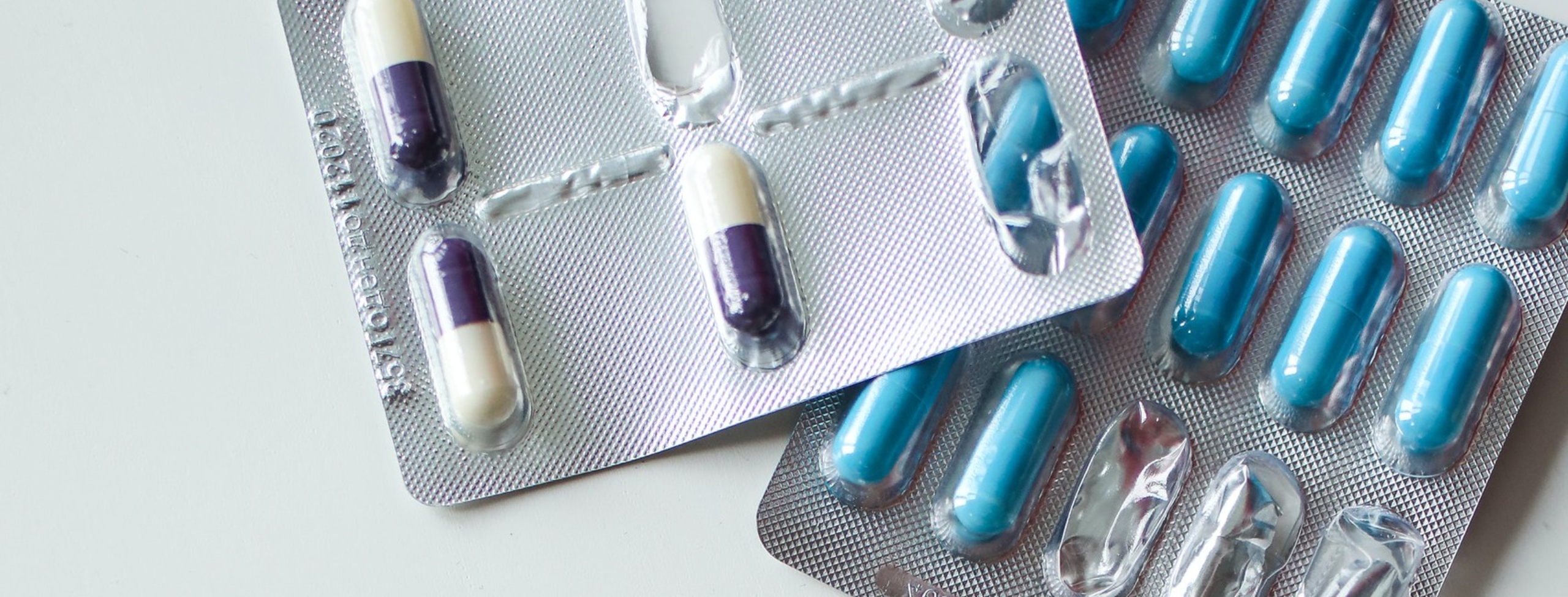
22 January 2024 • 6 minute read
FDA authorizes Florida drug importation proposal
On January 5, 2024, FDA authorized Florida’s Section 804 Importation Program (SIP) proposal to allow Florida’s Agency for Health Care Administration (AHCA) to import drugs from Canada for a period of two years. AHCA revised their 2020 proposal to the FDA several times and submitted clarifying communications prior to the agency’s determination. While eight other states have laws that permit drug importation, and six of them are seeking FDA approval, this is the first time that the FDA has approved a state entity to import drugs from another country.[1][2]
For a state to be able to import drugs, there are a number of hurdles it must overcome. Section 804 of the of the Federal Food, Drug, and Cosmetic Act requires the state to ensure that importation of drugs from Canada will significantly reduce the cost of the drugs to the consumer without posing additional risk to health and safety. The sponsor must specify the drugs that will be imported, and those drugs must be approved by Health Canada’s Health Products and Food Branch (the Canadian equivalent to FDA).
Before importing drugs from Canada, the state must submit a Pre-Import Request to FDA 30 calendar days before arrival at the authorized port of entry. Each imported drug must be relabeled in a manner that is consistent with FDA-required labeling for the US market, and the state is required to ensure that any drug it intends to import is tested and meets FDA specifications and standards.
Florida’s importation plan is approved for two years beginning on the date of its initial importation of drugs. AHCA is required to submit a report to FDA on a quarterly basis detailing information about each imported drug, cost savings achieved, and safety and quality issues encountered. Additionally, AHCA will be responsible for meeting requirements to ensure safety oversight of any imported drugs, such as submitting adverse event reports, providing for supply chain quality and integrity, and complying with drug recall procedures.
Types of drugs and eligible patients
AHCA intends to import drugs in certain classes and provide them to Floridians receiving services through the state’s Agency for Persons with Disabilities, Department of Children and Families, Department of Corrections, and Department of Health. The imported drug classes will include medications for patients with chronic health conditions which may include HIV/AIDS, mental illness, prostate cancer, and urea cycle disorder.
Federal law excludes certain types of drug products from importation eligibility, including controlled substances; biological products; infused drugs; drugs inhaled during surgery; drugs that are injected intravenously, intrathecally, or intraocularly; drugs that are subject to a risk evaluation and mitigation strategy; and drugs that are not subject to certain provisions of the Drug Supply Chain Security Act.
Federal reimbursement impact
Florida states that its importation program will expand to import drugs for patients covered under Medicaid. If this occurs, it is worth noting that the Centers for Medicare and Medicaid Services has stated that a drug imported from Canada would not be eligible for federal rebates,[3] and manufacturers would not report these drugs for “best price” calculations or Average Manufacturer Price (MDRP). With this, depending on the drugs they plan to make available to Medicaid beneficiaries, and the discounts available through the federal program, states may think twice before providing imported drugs to this population.
Cost-saving estimates
Section 804 of the Federal Food, Drug, and Cosmetic Act requires Florida to demonstrate that its SIP will result in a significant reduction in the cost to the American consumer of the eligible prescription drug that it intends to import. Florida estimates that this approval will save the state $180 million in the first year and up to $183 million per year once the program is fully implemented.
It is not clear how Florida determined this cost savings, nor how directly consumers will be impacted, as the imported drugs will be purchased by AHCA and provided to patients participating in state-run programs. Implementation and monitoring will have a cost to the state, and it should be noted that Section 804 does not require the state to demonstrate cost savings – only that the consumer experiences cost savings.
Canada’s response
Health Canada released a statement asserting the Canadian government is “taking all necessary action to safeguard the drug supply and ensure Canadians have access to the prescription drugs they need” and reaffirmed its position that drug importation “will not provide an effective solution to the problem of high drug prices in the U.S.” Innovative Medicines Canada released a statement expressing concerns that Florida’s plan will harm Canadian patients, citing challenges such as exacerbating shortages and disrupting the healthcare system, particularly given that the US market is significantly larger than Canada’s.
Going forward
FDA will continue to work with states and Indian tribes that submit proposals to import drugs.[4] FDA’s authorization sets a precedent for other states, potentially creating a patchwork of state-based importation programs. However, major safety concerns remain regarding the risks of importing drugs from Canada that have not received appropriate FDA oversight, including the risk of purchasing counterfeit medicines, drugs that do not meet FDA’s standards, and supply chain challenges.
It is unclear if importation will materialize in costs savings to Florida consumers. Canadian pharmacies may or may not participate and allow for the purchase of drugs from Canada. Further, Florida has yet to receive its pre-import approval for each of the drugs it intends to import and must meet labeling and testing requirements. It is unclear if the program will yield cost savings to the state, and experts, including the Congressional Budget Office, estimate the savings from a federal program would be minimal.[5]
For more information about this alert, please contact your DLA Piper relationship partner or the authors of this alert.
[1] According to the National Conference of State Legislatures analysis updated on Feb 2023, in addition to Florida, 7 other states have enacted prescription drug importation programs, and 6 of them have submitted SIP proposals to FDA for review. The majority of these state laws are limited to drug importation from Canada, but Florida and Colorado would allow importation of drugs from other foreign countries. Texas passed an importation law after the NCSL report was published making a total of 9 states with drug importation laws https://www.hhs.texas.gov/sites/default/files/documents/wholesale-prescription-drug-importation-program-annual-report-2023.pdf
[2] Florida initially submitted its SIP proposal to FDA on November 23, 2020.
[3] Under Section 1927 of the Social Security Act
[4] Consistent with Executive Order on Promoting Competition in the American Economy ordered in July 2021
[5] Congressional Budget Office Impact estimate July 2017 accessed, https://www.cbo.gov/system/files/115th-congress-2017-2018/costestimate/s469preliminary.pdf


